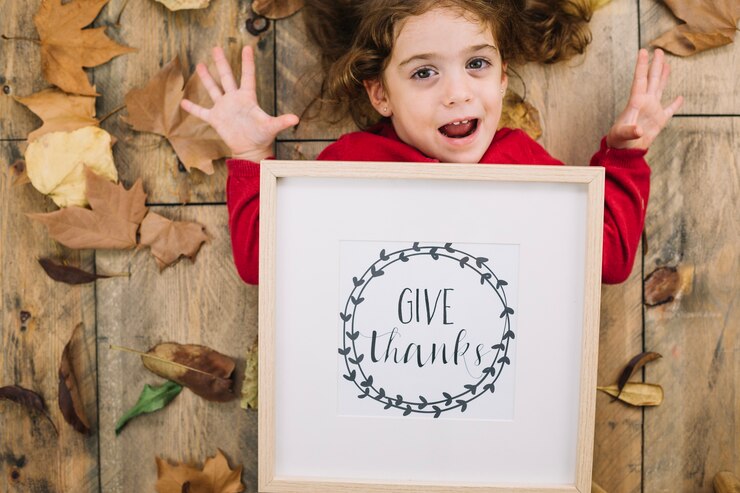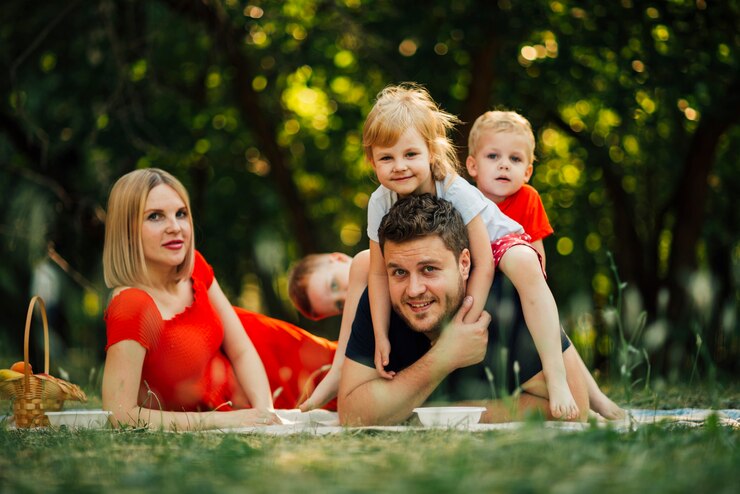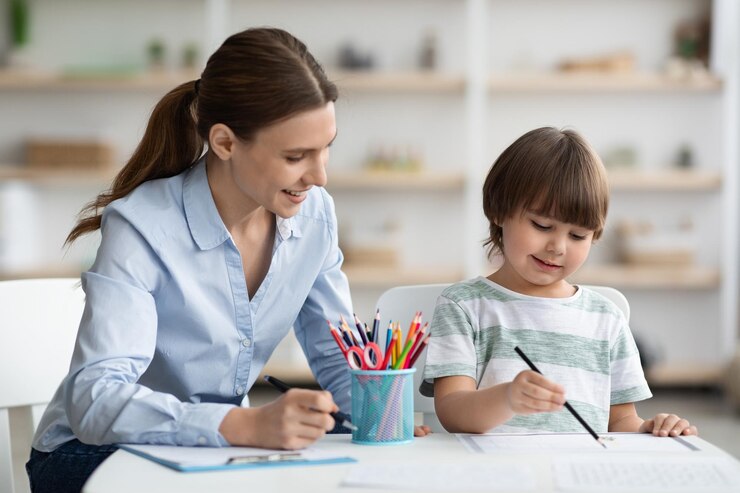Yes Days for Kids

Introduction
Jason and Caden represent the more typical conundrum in parenting ᅳ How to deal with already set policies on rules, day-to-day decisions etc. If there’s letting your child wear rain boots on a sunny day, or electing toys over the dinner table ᅳ these decisions are born from nature clashing with nurture. This creates an inherent degree of tension that can lead to impending arguments as this is where the balance between flexibility and discipline kind of collides with each other.
Challenges of Family Time

While I can tell you as a psychologist just how many obstacles stand in the way of families finding downtime between all those other to-dos. Between balancing work and school, your extracurricular activities (and everything else), it feels as if there is not a single moment that does not have something planned for. The no response comes on the regular, ultimately turning parents into fun killers always saying no to play. Families get stuck in this cycle, feeling drained and disconnected from one another ᅳ a little bit lonely, trying to catch a real moment of connection somewhere between the craziness.
The Concept of “Yes Days”
Bring on the notion of Yes Daysᅳtaken from a children’s book and championed by stars such as Amy Krouse Rosenthal (who died last week) Jennifer Garner, online, in printᅳand soon to be portrayed on screen. Highly efficient and recommended by parenting educators, family therapists combine this new stepping stone to revitalize the relationship between parent-and-child. Studies confirm this in that regularly planning for Yes Days to have positive interactions can be used as good way of channeling; checking and recovering the right balance so your child’s emotional bank account thrives.
What is a Yes Day?

A Yes Day is a day in which parents sign over the rights of being an authority figure to their children and grant them permission for everything they ask to do. They get a taste of freedom to decide how they wish to spend their time – whether that’s binge-watching movies, a trip down to the theme park or relaxing with board games and ice cream. Although that might sound like a day of endless pizza and no lights out, parameters are put in place to promote safety and good judgement. This idea lets children practice empowerment by making decisions in tandem with parents, who also have a way to deepen the parent-child relationship via shared fun experiences.
Best Age to Start ‘Yes Days’
The question I get most from parents is: What age can you start implementing Yes Days? It is particularly appreciated by children aged five to ten. This age your kids are old enough to understand but still young not yet at the stage where they make hugely extravagant or dangerous demands of their day. For these exact reasons, there’s an age sweet spot between the toddler years and when they become teens that offers a balance where special memories made during a Yes Day can last their lifetime– be it spontaneous road trips to open wide conventions or basketball games; not doing homework all day but spending time reading together.
It Builds Communication Skills
Thus, a Yes Day is more than just good times for everyone ᅳ it helps kids practice this highly valuable skill. Kids learn that it is okay to voice their opinions and express what they need by being allowed to make decisions or have an input on the situation. It cultivates a positive outlook of self to have their wants validated. Once kids feelUnderstood and when they are empowered, that leads to them being ableto communicate better with others (their wants and needs more clearly expressed or be a bit luckier in sensing what is going on around due to knowing the perspective of those people).
It Strengthens Family Relationships

Long weekends are not just a fun way of making family memories but they also impact directly on the emotional and psychological well-being of growing children. Studies show that strong family relationships develop children relegating greater self-esteem and superior social skills. Adding a Yes Day to your family life gives you an intentional way of doing that. On these days, parents have the opportunity to visit and dine with their kids which gives them insight into what they want or like. The idea of fun is bigger than just making it a great day for others; you are creating the kind of experience and memory that will move with everyone else who shares in your play.








3 Comments
Pingback: Must-Have Home Outfits for New Moms - New Modern Moms
Pingback: Top Electric Toy Cars for Kids: Fun, Safe, and Exciting Rides - New Modern Moms
Pingback: Thoughtful Gifts for Bedridden Patients: Comfort, Care, and Practicality - New Modern Moms